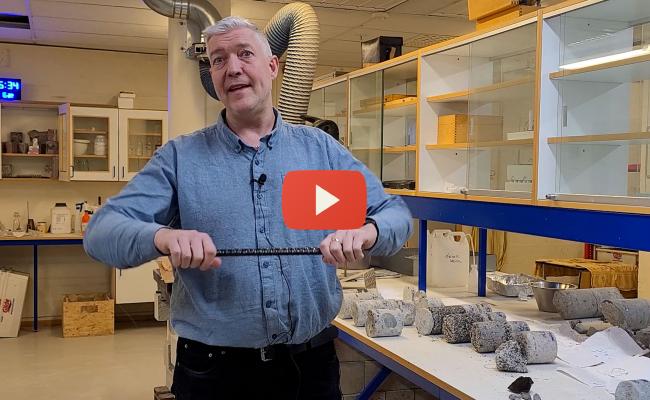The High North Tour 2021: What Happened to Substance Abusers during the Pandemic?
Tromsø: When the pandemic hit Norway, there were particular fears about one group being extra hard hit. Substance abusers with underlying conditions were particularly at risk. In addition, shut borders would lead to a pike in drug prices which, in return, would lead to a surge in petty crime.
But how did it really go?
Kristian Aagaard volunteers at the magazine Virkelig [real] in Tromsø. For more than a year, he has seen the pandemic’s meeting with substance abusers from the inside.
“The biggest problem”, Kristian Aagard explains, “is that the sellers have made less money as fewers people have bought our magazine. In Tromsø, the streets have been empty at times. In addition, there was the initial myth that sellers were more prone to infection transmission than were other people.
“However, it is a myth that the borders were shut and that drugs disappeared or were increasingly expensive. On the contrary, cross-border traffic has gone pretty much as normal. Trailers bringing the drugs across the border still bring construction materials into the country and fish export out from the country. It has been like that the whole time”, Aagaard says. Only tourism was halted.
Nor does he believe that substance abusers were harder hit by Corona than the rest of us.
“I only know of two deaths here in Norway, and those were people with serious underlying conditions.”
All about party politics
In the middle of the pandemic, substance abusers also fell victim to a political game. A new act meant do de-criminalize parts of drug use was halted by the Labor Party.
“It is hard to tell what such a reform would have meant. It is a slow and difficult material, and it would not be a quick fix either way. Though one can rightfully hope that it would have changed police behavior.”
“But here, some politicians lack a moral compass. [Labor Party leader] Jonas Gahr Støre’s no to the reform is all about party politics. Nothing else. Then one Labor leader after the other says their reform proposal is better – but they do not have one! They have chopped the reform off at its feet”, Kristian Aagaard says.
In addition to publishing the magazine Virkelig, which is sold on the streets by substance abusers and others, Virkelig offers food and coffee for those in need thereof.
While treatment centers and aid organizations have shut down for shorter or longer periods during the pandemic, Virkelig and Kristian Aasgaard have had their doors open every day since the pandemic hit in March of 2020.
Watch the whole interview with Kristian Aagaard on top of this page. (Subtitles available in English.)
Follow the High North Tour 2021
This article was originally published in Norwegian and has been translated by HNN's Elisabeth Bergquist.




